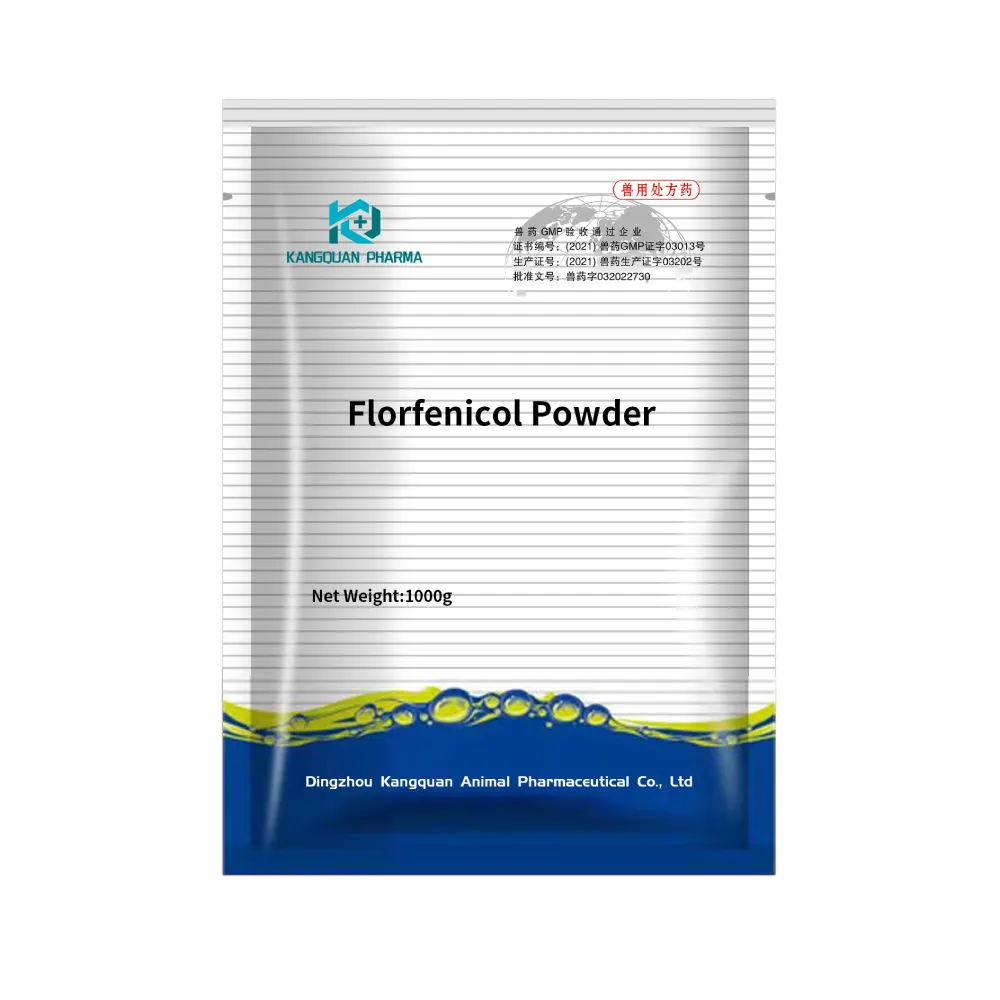- Afrikaans
- Albanian
- Amharic
- Arabic
- Armenian
- Azerbaijani
- Basque
- Belarusian
- Bengali
- Bosnian
- Bulgarian
- Catalan
- Cebuano
- Corsican
- Croatian
- Czech
- Danish
- Dutch
- English
- Esperanto
- Estonian
- Finnish
- French
- Frisian
- Galician
- Georgian
- German
- Greek
- Gujarati
- Haitian Creole
- hausa
- hawaiian
- Hebrew
- Hindi
- Miao
- Hungarian
- Icelandic
- igbo
- Indonesian
- irish
- Italian
- Japanese
- Javanese
- Kannada
- kazakh
- Khmer
- Rwandese
- Korean
- Kurdish
- Kyrgyz
- Lao
- Latin
- Latvian
- Lithuanian
- Luxembourgish
- Macedonian
- Malgashi
- Malay
- Malayalam
- Maltese
- Maori
- Marathi
- Mongolian
- Myanmar
- Nepali
- Norwegian
- Norwegian
- Occitan
- Pashto
- Persian
- Polish
- Portuguese
- Punjabi
- Romanian
- Russian
- Samoan
- Scottish Gaelic
- Serbian
- Sesotho
- Shona
- Sindhi
- Sinhala
- Slovak
- Slovenian
- Somali
- Spanish
- Sundanese
- Swahili
- Swedish
- Tagalog
- Tajik
- Tamil
- Tatar
- Telugu
- Thai
- Turkish
- Turkmen
- Ukrainian
- Urdu
- Uighur
- Uzbek
- Vietnamese
- Welsh
- Bantu
- Yiddish
- Yoruba
- Zulu
10 月 . 06, 2024 13:02 Back to list
deworming medicine for sheep
Deworming Medicine for Sheep Understanding the Essentials
Maintaining the health of sheep is crucial for any sheep farmer, and one of the most significant components of sheep health management is effective deworming. Internal parasites, especially gastrointestinal worms, can lead to serious health issues in sheep, affecting their growth rates, reproductive performance, and overall productivity. Therefore, understanding the best practices for deworming and the available deworming medicines is essential for optimal flock management.
Importance of Deworming
Sheep are particularly susceptible to various types of parasites, including nematodes, tapeworms, and flukes. These parasites can compromise the nutritional health of the animals by competing for nutrients, damaging intestinal lining, and causing anemia. Signs of parasitic infection in sheep may include weight loss, poor coat condition, diarrhea, and in severe cases, mortality. Regular deworming is necessary to prevent such infestations and safeguard the health of the flock.
Types of Deworming Medicines
Several classes of deworming medications, known as anthelmintics, are available for use in sheep. The most commonly used classes include
1. Benzimidazoles (e.g., Fenbendazole, Oxfendazole) These are broad-spectrum anthelmintics effective against a variety of gastrointestinal nematodes. They are generally well-tolerated and can be administered orally or via injections.
2. Macrocyclic Lactones (e.g., Ivermectin, Moxidectin) Known for their efficacy against both internal and external parasites, macrocyclic lactones are a popular choice among sheep farmers. They are particularly effective against larvae and adult stages of many nematodes.
3. Tetrahydropyrimidines (e.g., Pyrantel) This group of dewormers is primarily effective against certain roundworms and can be administered orally. They are often used for their safety and efficacy in younger sheep.
4. Amino Acetonitrile Derivatives (e.g., Monepantel) A newer class of dewormers that has gained popularity due to their unique mode of action against resistant strains of parasites.
Developing a Deworming Program
deworming medicine for sheep

To effectively manage parasite populations, a strategic deworming program must be developed. This includes
- Regular Fecal Egg Count (FEC) Regularly monitoring the egg count in the sheep's feces can help determine the level of parasite infestation and the effectiveness of the deworming regimen.
- Rotating Dewormers To prevent the development of resistance, it is important to rotate between different classes of anthelmintics. This minimizes the chances of parasites adapting to a particular treatment.
- Timing and Frequency The deworming schedule may vary based on the region, the season, and the sheep's age and overall health. In general, sheep should be dewormed before and after specific stress events, such as lambing or during weaning, when they are more susceptible to infections.
Resistance Management
Anthelmintic resistance has become a significant concern in livestock management. To combat this issue, farmers should consider integrated parasite management practices, which may include
- Pasture Management Rotating grazing areas can help break the life cycle of parasites. By allowing pastures to rest, farmers can reduce the parasite load in the environment.
- Selective Breeding Breeding sheep for resistance to parasites can enhance flock resilience over time.
- Good Nutrition and Husbandry Ensuring that sheep have adequate nutrition and proper living conditions strengthens their immune systems, allowing them to better resist infections.
Conclusion
Deworming is an integral part of sheep management that can significantly impact their health and productivity. By understanding the types of deworming medicines available, developing a comprehensive deworming program, and managing resistance, sheep farmers can ensure a healthy and thriving flock. Regular monitoring and proactive strategies will not only enhance the well-being of the sheep but also contribute to the economic viability of sheep farming.
-
The Power of Radix Isatidis Extract for Your Health and Wellness
NewsOct.29,2024
-
Neomycin Sulfate Soluble Powder: A Versatile Solution for Pet Health
NewsOct.29,2024
-
Lincomycin Hydrochloride Soluble Powder – The Essential Solution
NewsOct.29,2024
-
Garamycin Gentamicin Sulfate for Effective Infection Control
NewsOct.29,2024
-
Doxycycline Hyclate Soluble Powder: Your Antibiotic Needs
NewsOct.29,2024
-
Tilmicosin Premix: The Ultimate Solution for Poultry Health
NewsOct.29,2024













